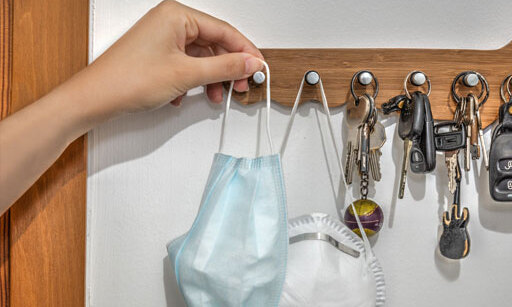
According to a piece of research recently conducted by the Money Advice Service, only 3 out of 5 parents feel confident talking to their kids about finances. Considering the huge influence parents have on their children’s money management habits, this is surely a worrying statistic.
The financial services sector is one of our specialisms here at Gusto and we also conduct a great deal of research with kids and youth audiences, so I was keen to dig a little deeper into the relationship between kids and money. When do parents start talking to their kids about money? What (if anything) are parents teaching their kids about money?
From An Early Age, Parents Let Their Child Experience Money
To investigate further, I turned to our online community of mums. Our ‘What Mums Think’ panel is utilised for lots of research projects involving family life – they are based all over the UK and have children ranging from babies to teens.
As some of the mums pointed out, children are exposed to money from a very young age through playing ‘shop’. Play is a fundamental way for pre-schoolers to learn about the world around them and swapping plastic coins for plastic vegetables is often their first experience of a ‘financial’ transaction.
Pocket money is typically the first experience kids have of real money but parents introduce this at very different ages and often in an ad-hoc way. Some have started giving small amounts of pocket money to children as young as 3 whereas others prefer to wait until they are much older. By the time they reach high school however it’s very common for kids to have their own bank account, with parents paying in regular amounts. Many banks and building societies offer current accounts specifically for 11-18 year olds and these are a great way for young people to develop their money management skills.
Teaching Kids Money Doesn’t Grow On Trees
The mums we spoke to were all keen to teach their children the value of money. Most of them approach this by making the money their kids receive dependent on completing household chores. The idea that money must be earned and ‘does not grow on trees’ is a key lesson and many parents hold back pocket money if chores have not been completed or give additional money for extra tasks.
“My eldest is 4…. We talk about how much things cost when she asks for something so that hopefully she grows up with an awareness”.
A desire to instil a saving mentality also comes through strongly, even amongst those who claim they themselves are not good at saving. Most kids have a piggy bank or money box and are encouraged to save up when they want something special.
The other key lesson the mums are keen to pass on is ‘when it’s gone, it’s gone’ i.e. only spend what you have and do not rely on credit. One of the mums gives an example of going round the toy shop with her son and explaining that he can’t spend more than the money he has in his pocket.
Kids are clearly learning lessons about money from a very young age and there’s pressure on parents to pass on good money management skills. The ‘lessons’ kids learn – good or bad - can influence their financial behaviour for a long time to come. Our research mirrors that of the Money Advice Service findings in suggesting that there are opportunities to better support parents with financial confidence when talking to their children about money. Any initiative must work alongside the current informal strategies that many parents appear to have in place and ultimately help to build better financial outcomes for the next generation.
To find out more about this topic or how our online community of mums could help answer your questions, contact helen.menzies@gustoresearch.com or call Helen on 0113 2689020.
Like this article? Follow us on Twitter.


